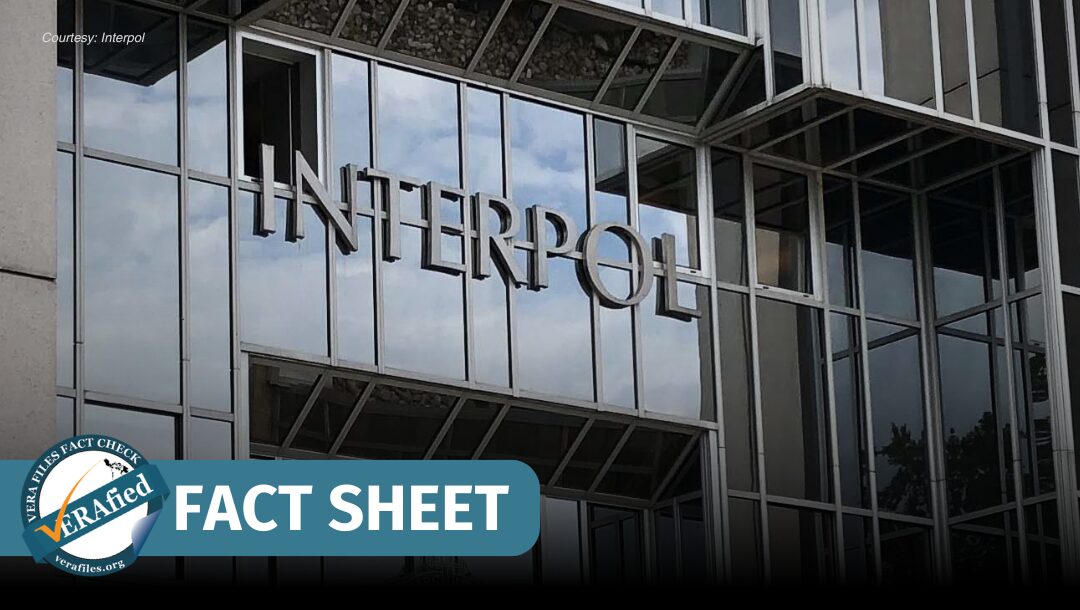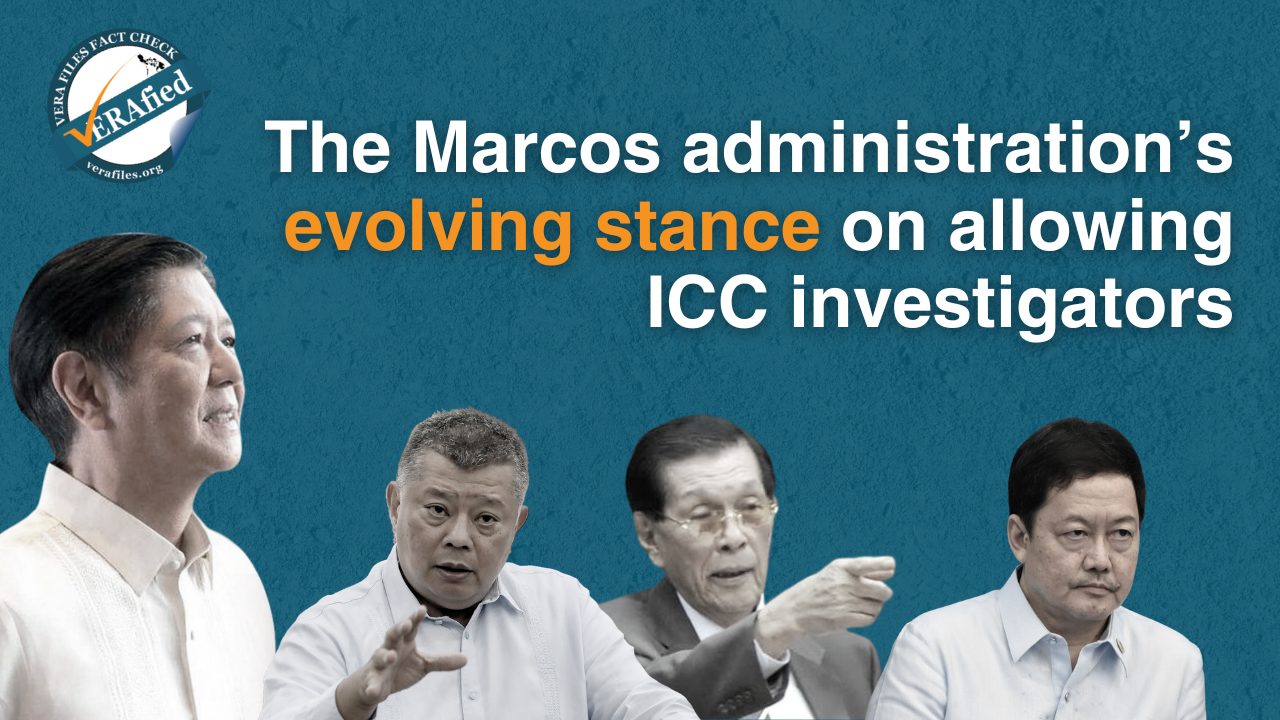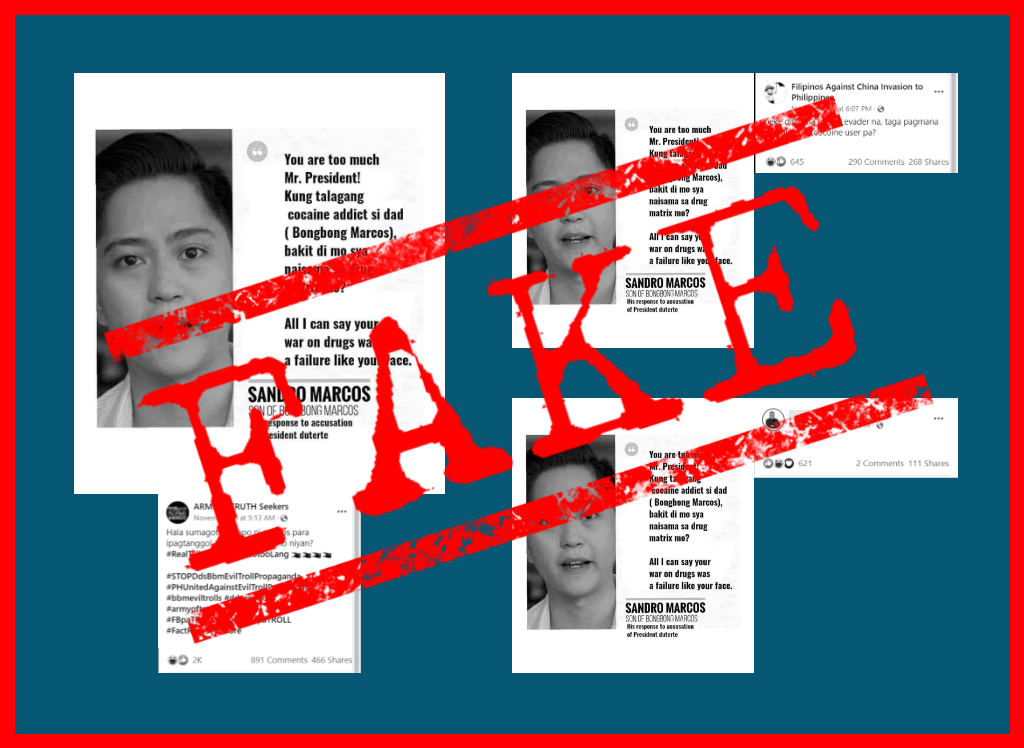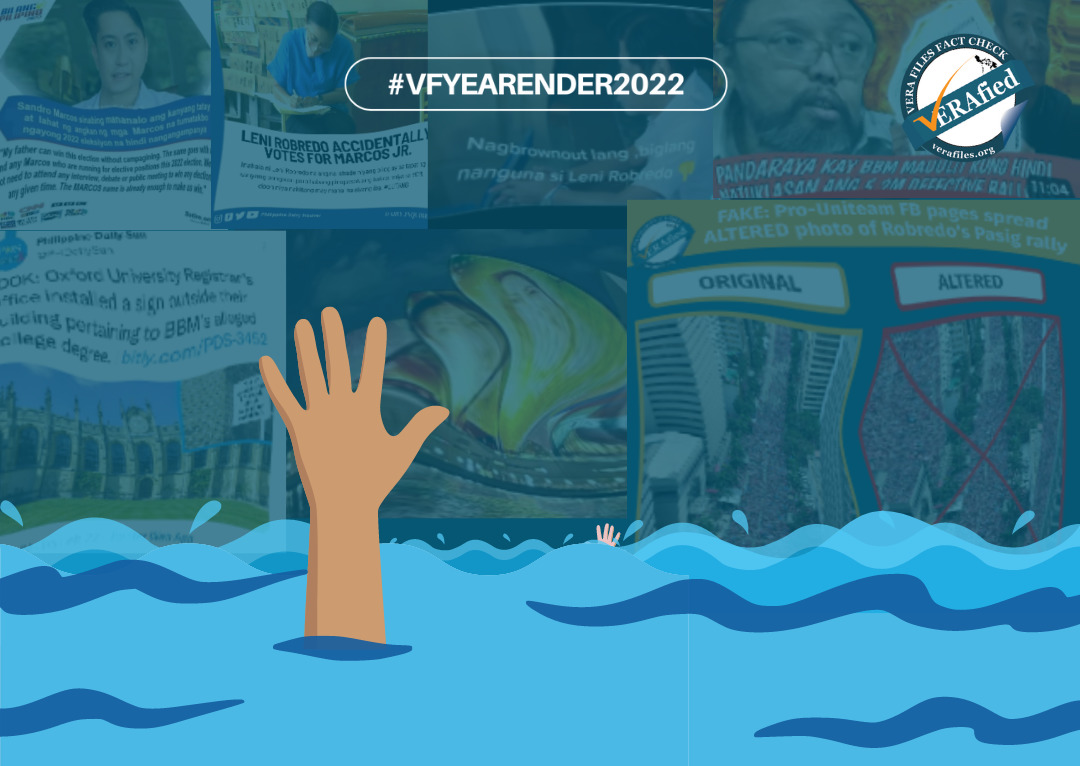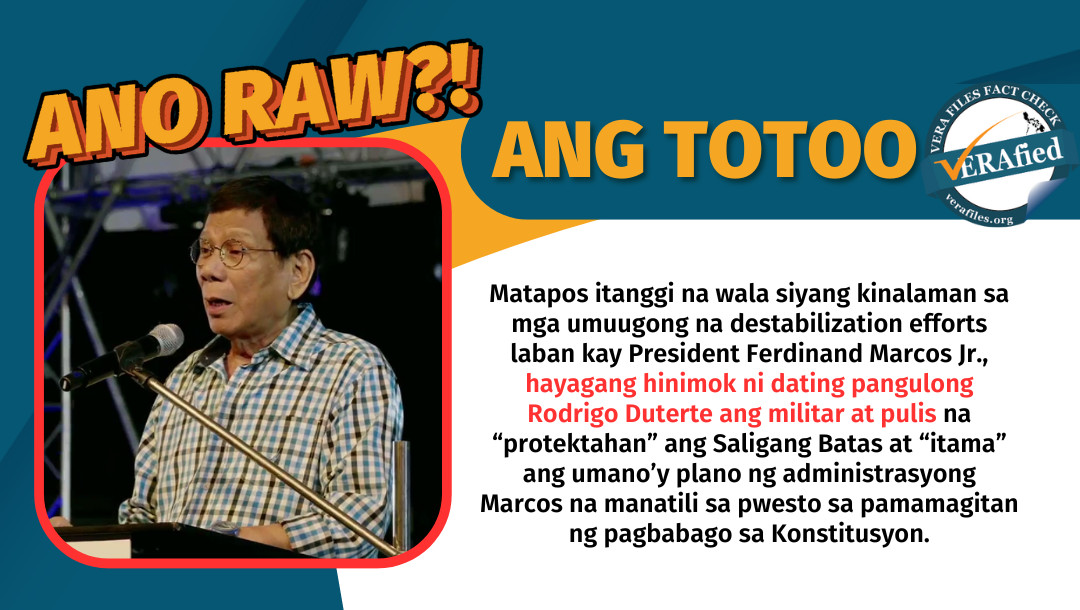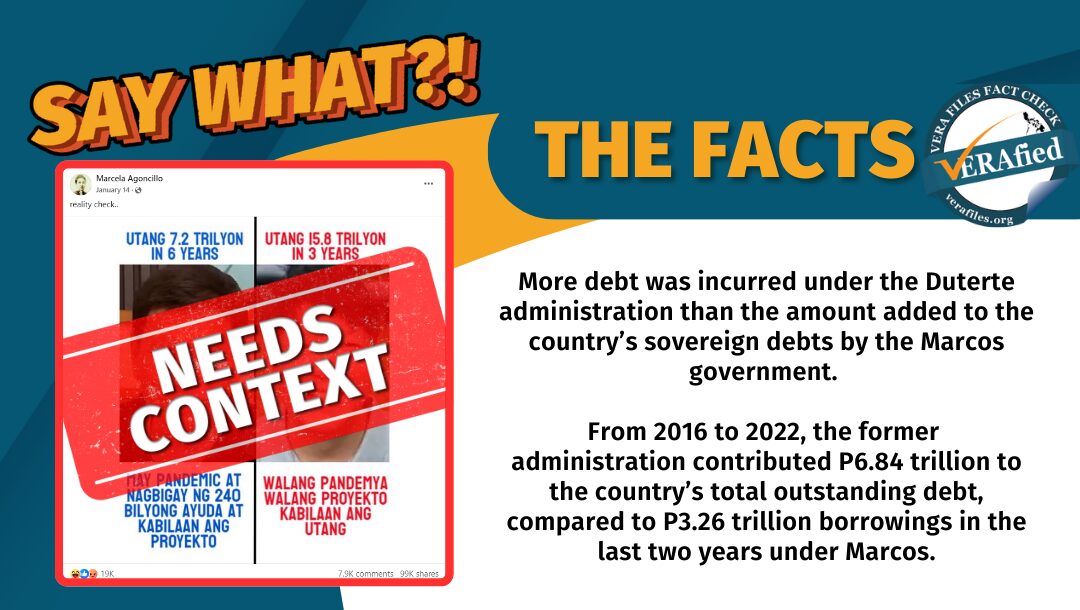When former president Rodrigo Duterte appeared before the House quad committee hearing on Nov. 13, he dared the International Criminal Court (ICC) to come immediately to the Philippines and investigate his role in the bloody drug war during his administration. By the end of that hearing, Duterte slipped back to questioning the tribunal’s jurisdiction and stressing that he would rather be tried in a Philippine court.
However, the spotlight shifted to President Ferdinand Marcos Jr. after Executive Secretary Lucas Bersamin said the government “will feel obliged” to honor a red notice from the International Criminal Police Organization (Interpol) if the ICC asks for assistance in its investigation.
While Marcos has also repeatedly questioned the ICC’s jurisdiction over drug-related killings under his predecessor, Bersamin said the government will neither oppose nor stop the Hague-based tribunal’s investigation “if” Duterte wants to submit himself to it.
Why does the Marcos administration “feel obliged” to the Interpol but refuse to “cooperate” with the ICC? Here are three things you need to know:
1. What has the Marcos administration been saying about working with the Interpol?
The Marcos administration has firmly asserted the country’s sovereignty in questioning the ICC’s jurisdiction over the Philippines after its withdrawal from the Rome Statute in March 2019. But the president and key members of his Cabinet have been clear about adhering to the government’s “obligations” to Interpol.
Read FACT CHECK YEARENDER: The Phantom of Duterte’s Disinformation Opera
Three months before Duterte hurled his challenge at the ICC, Justice Secretary Jesus Crispin “Boying” Remulla was already talking about the country’s “commitment” to the Interpol.
The Philippine National Police (PNP) is also ready to assist the Interpol as it is bound by the security protocol to provide assistance to its foreign counterparts as needed, PNP spokesperson Brig. Gen. Jean Fajardo said in a Nov. 14 press conference.
“‘Yung mechanism naman in terms of security assistance ay nandiyan naman. Hindi kailangan paghandaan dahil gumagana na itong mechanism na ito. This will not be the first time for the PNP to extend assistance to our foreign counterparts in terms of arresting ‘yung individual subject, particularly ‘yung mga red notices being issued by the Interpol,” explained Fajardo.
On Dec. 3, she clarified that the PNP will not cooperate with the ICC at an organizational level, but law enforcers operating in their “personal capacity” will not be banned from cooperating with the court. This came three days after the ICC launched a witness appeal to gather more evidence from people who may have knowledge about alleged crimes in the implementation of the drug war from November 2011 to March 2019.
2. What is a red notice? Can the Interpol compel the Philippines to arrest a person who is the subject of a red notice?
No, the Interpol cannot compel Philippine law enforcement authorities to arrest an individual with a red notice. Its rules state, however, that “each member country can decide what legal value it gives to a red notice and the authority of their law enforcement officers to make arrests.”
Read Can 3 high-ranking PNP officials get out of ICC ‘suspects’ list?
A red notice is a request for law enforcement authorities to “locate and provisionally arrest” a person wanted by either a country or an international tribunal. These requests are issued for fugitives sought for prosecution or to serve a sentence for a crime following a court’s decision.
If the Philippines receives a notice from the Interpol, it must accept and study such notice, explained Justice Undersecretary Raul Vasquez in an Aug. 17 press conference. However, It is the country’s law enforcement authorities and judiciary that will decide if the notice should be implemented.
While a red notice is an international alert to police authorities, it is not an arrest warrant, according to the Interpol website.
Interpol notices can be issued at the request of international criminal tribunals, the ICC in particular, to seek persons wanted for crimes such as genocide, war crimes and crimes against humanity, within their jurisdiction.
Likewise, member countries can request Interpol to publish a red notice that should be checked by a specialized task force at the Interpol General Secretariat.
Before complying with such a request, the secretariat checks if the notice complies with the organization’s rules and is not politically, militarily, religiously or racially motivated, and does not target a refugee.
3. What is Interpol and its connection to the ICC?
The Interpol is an intergovernmental organization for ensuring and promoting the “widest possible mutual assistance” among criminal police authorities within the legal limits of each member country and in accordance with the Universal Declaration of Human Rights. On Dec. 22, 2004, it signed a Cooperation Agreement with the ICC Office of the Prosecutor (ICC-OTP), defining the scope of negotiations and activities that the two parties can engage in.
These include: (a) exchange of police information and conduct of criminal analysis; (b) search for fugitives and suspects; (c) publication and circulation of Interpol notices; (d) transmission of diffusions; (e) access to Interpol telecommunications network and databases.
The ICC-OTP may also ask help from Interpol, especially in the search of fugitives and criminal analysis. Likewise, Interpol member countries may provide confidential information to the ICC-OTP to generate new evidence.
To date, Interpol has 196 member countries, each selecting an official police body to serve as delegate to the organization. The Philippines has been a member of the Interpol since June 12, 1952.
Member countries and international tribunals, such as the ICC, can request the Interpol to publish notices, which they can modify or cancel according to their internal rules. These are:
